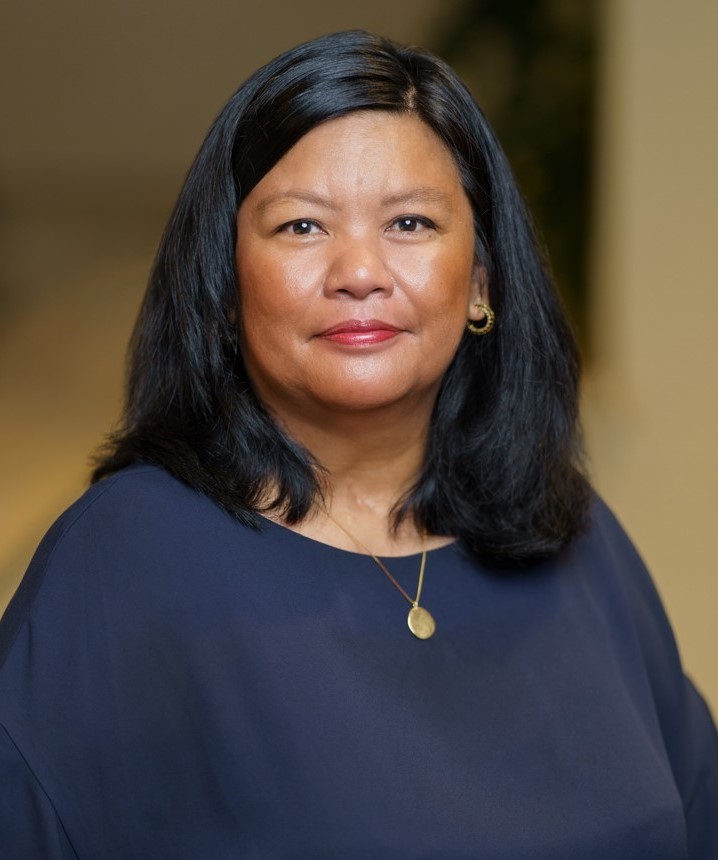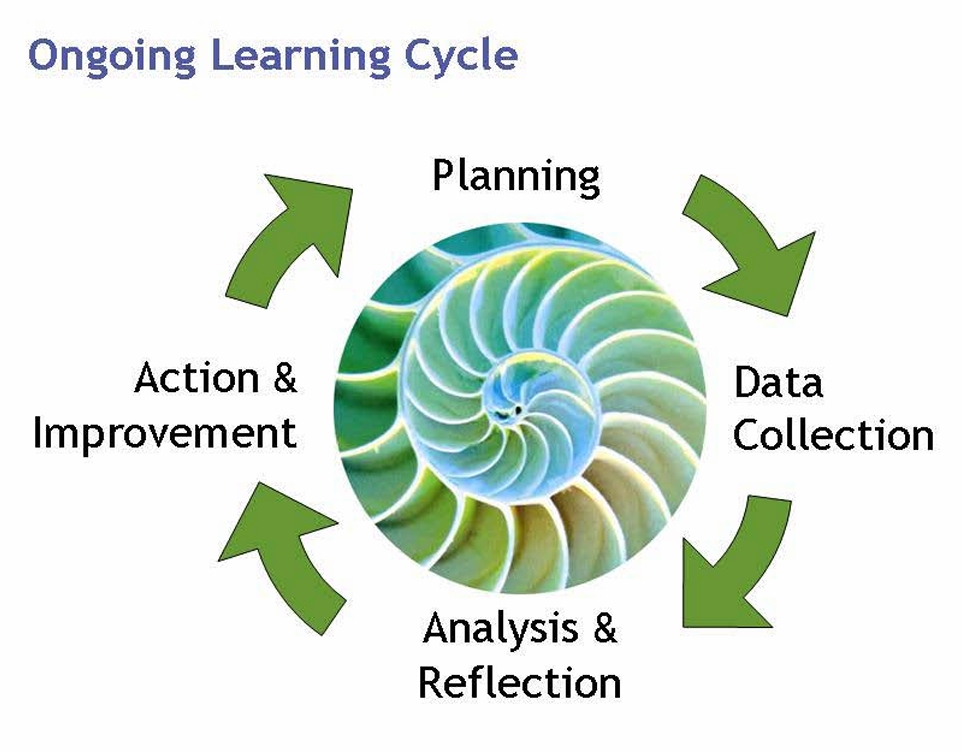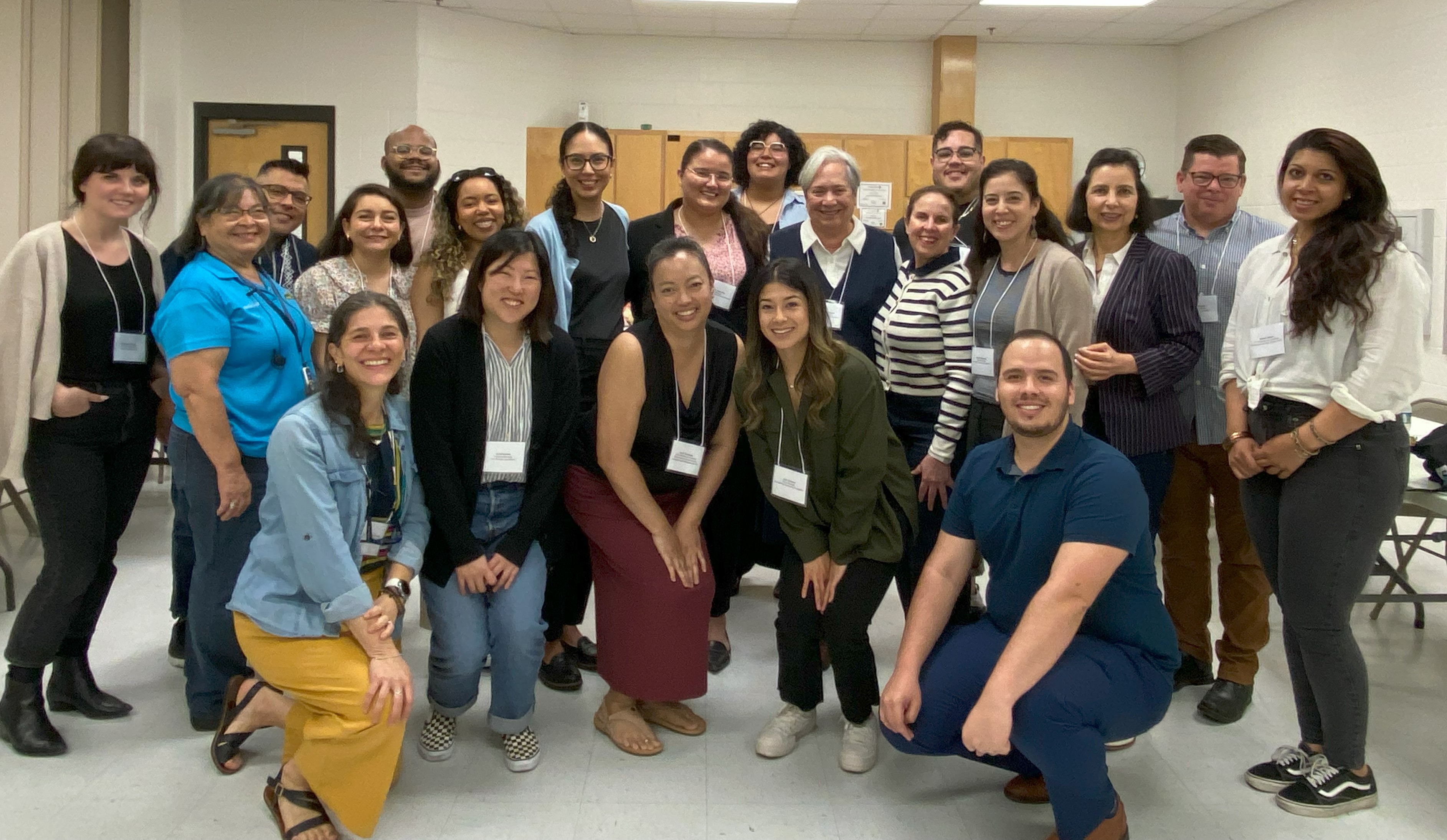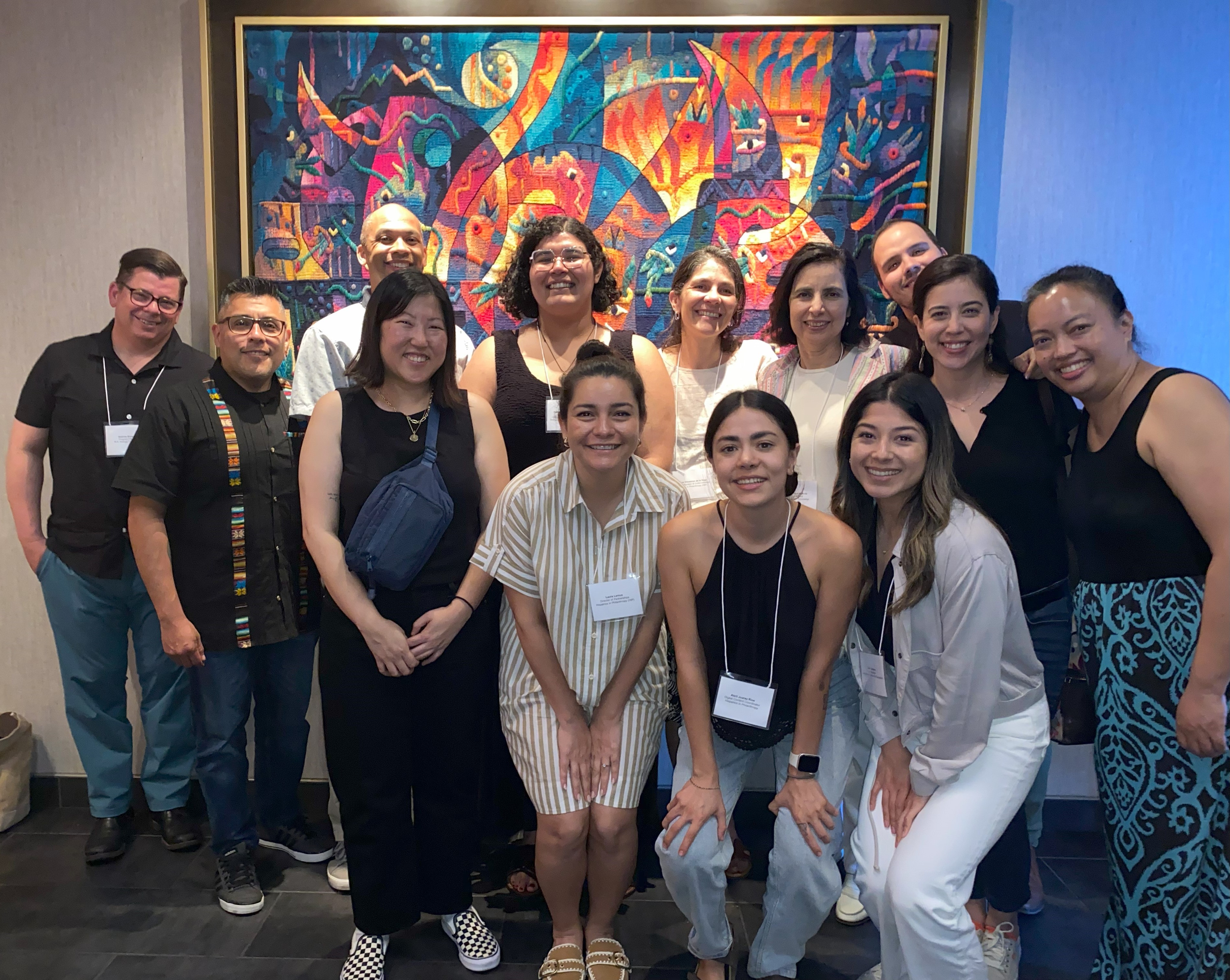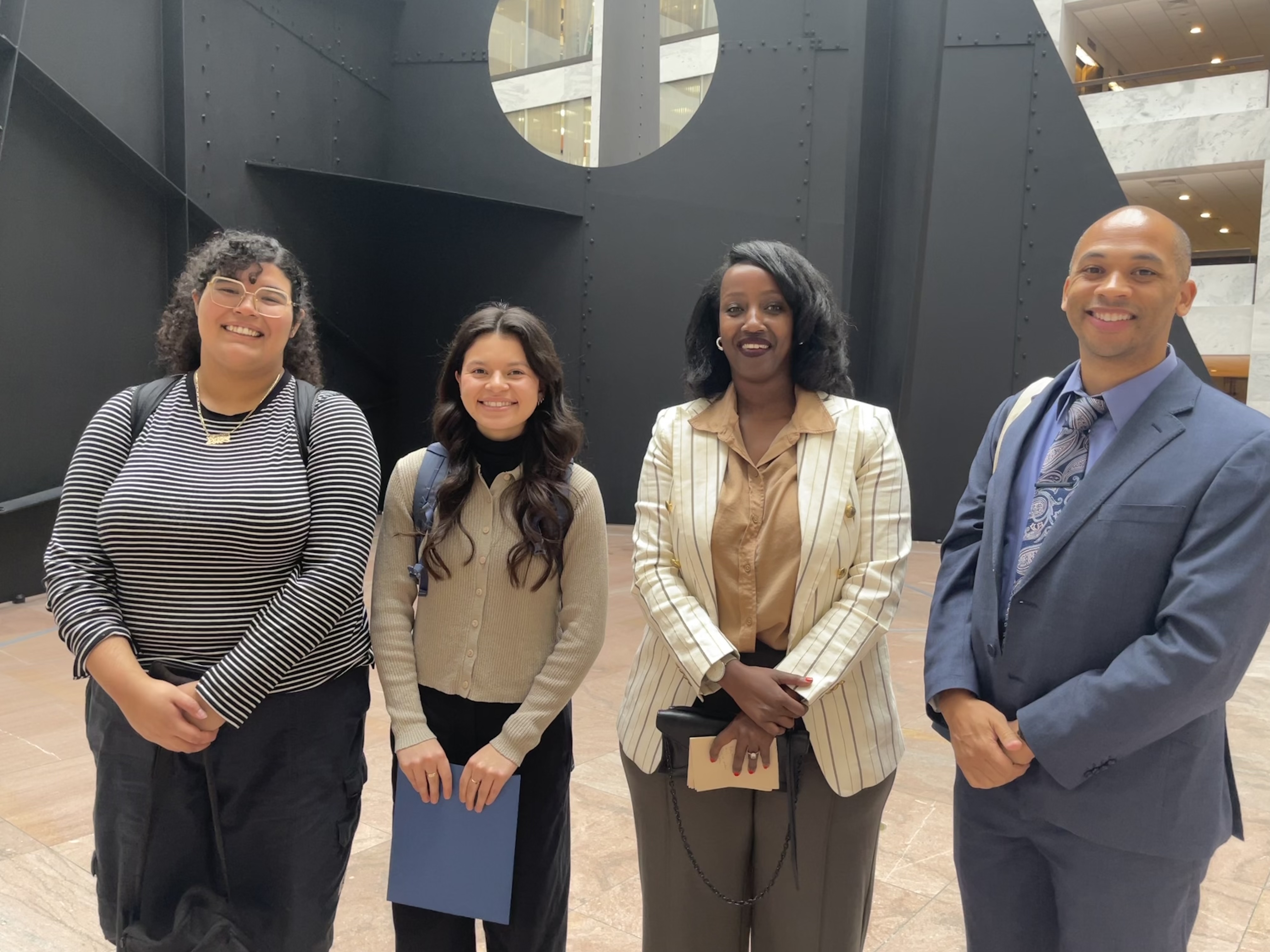In her latest President's Message, Marissa Tirona encourages philanthropy to move beyond short-term thinking and a laser-focus on national elections to resource a diversity of strategies with long-term impact in addition to supporting electoral and civic engagement work.
News
Primary tabs
In the wake of last night’s presidential debate, with its divergent and often troubling messages about the future of our country, it is essential that we double down on our commitment to honoring the rights and dignity of all individuals, regardless of their country of origin.
Drawing on reflections from a recent GCIR webinar about the value of learning in grantmakin, GCIR's Programs Learning Manager Anduriña Espinoza-Wasil explains that learning for evaluation purposes is not a one-time event at the end of a grant period, but a powerful process that is ongoing. There is an important relationship between learning and strategy, the ways learning processes can hold us accountable to the communities we serve, and how funders can start learning now.
The U.S. has a long history of exploitative labor practices that target the most vulnerable in our society — including children. And now we’re seeing a troubling new trend. Over the last two years alone, more than a dozen states have either introduced or enacted policies to undo child labor protections. The latest example comes out of Florida, where a pair of newly-enacted laws go beyond loosening labor protections for teenagers — they also perpetuate systems designed to exploit vulnerable populations for cheap labor, driven by greed and racial capitalism.
In her President's Message, Marissa Tirona underscores the connections between gender justice and investing in the economic power of migrant women workers.
Yesterday, President Biden signed an executive order that fundamentally undermines the right for individuals fleeing dangerous conditions to seek asylum in the United States. The order, with some limited exceptions, including for unaccompanied minors, ends the longstanding US policy of allowing individuals who present at a border the chance to apply for asylum. Instead, the border will be closed to new arrivals once an arbitrary target of 2,500 irregular crossings per day is reached - a figure that is unsurprisingly already being exceeded given push factors including armed conflicts, gender-based violence, and political persecution that have displaced millions around the globe.
Visibilize, mobilize, and amplify: These three goals represented the driving force behind a recent learning trip to the U.S.-Mexico border, organized for 15 funders by Hispanics in Philanthropy (HIP) and Grantmakers Concerned with Imigrants and Refugees (GCIR). This delgation traveled to McAllen, Texas, and Reynosa, Mexico in early May to connect with nonprofits providing critical services. Humanitarian relief, legal services, power-building, and advocacy are just some examples of the vital work groups are leading in border communities.
The learning trip left a lasting impact on Lincoln Mondy, a Program Officer at the Andrus Family Fund. He joined Ivy O. Suriyopas, GCIR's Vice President of Programs, and Andrea Villaseñor de la Vega, Director of the Migration and Climate Mobility program at HIP, to share his personal reflections and experiences.
GCIR's Amplify series features interviews with immigrant justice field leaders to showcase their work and provide a platform for their perspectives. In this edition, GCIR President Marissa Tirona hosts our very first Amplify podcast episode! She speaks with Paco de Onís and Pamela Yates, who co-founded Skylight Pictures, a nonprofit human rights media organization.
"I don't have 5-year goals, I have 500-year goals of liberation," declared Rubén Garza of Voces Unidas. He didn't hold back in a room full of funders and community leaders from the Rio Grande Valley.
Rubén set the tone for 15 funders who traveled from across the United States and Mexico to join a learning trip to the Rio Grande Valley (RGV) and Reynosa, Mexico. Hosted by Grantmakers Concerned with Immigrants and Refugees (GCIR) and Hispanics in Philanthropy, the experience aimed to amplify the voices of border communities, demonstrate the impacts of unjust immigration policies, and mobilize resources for migrant-serving groups.
For the second year in a row, Grantmakers Concerned with Immigrants and Refugees led a delegation to the nation’s capital to meet directly with policy-makers and discuss the most pressing immigration issues of our time.
